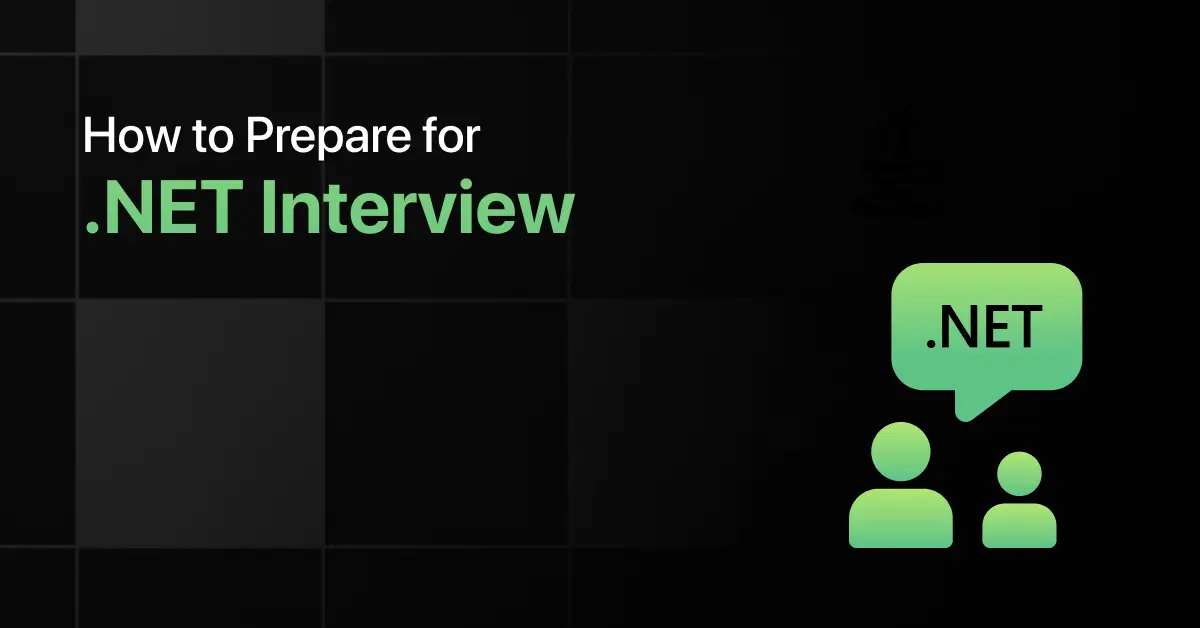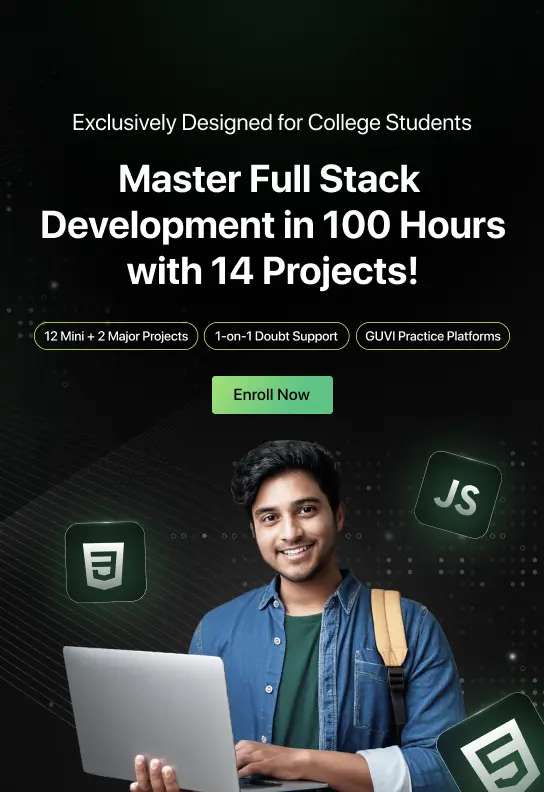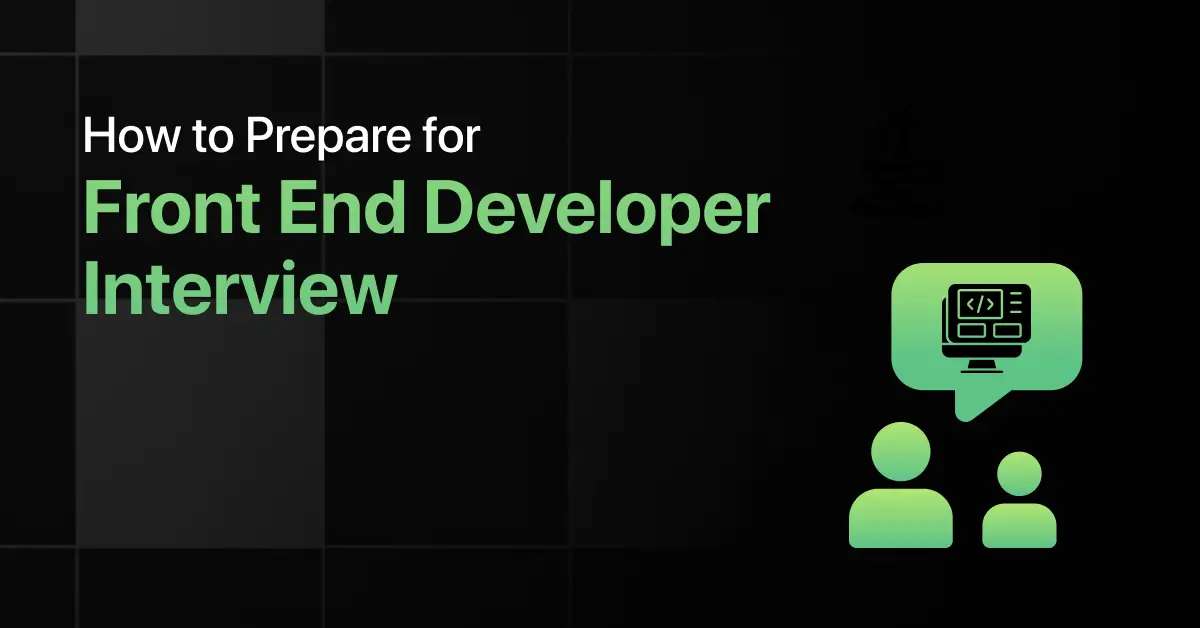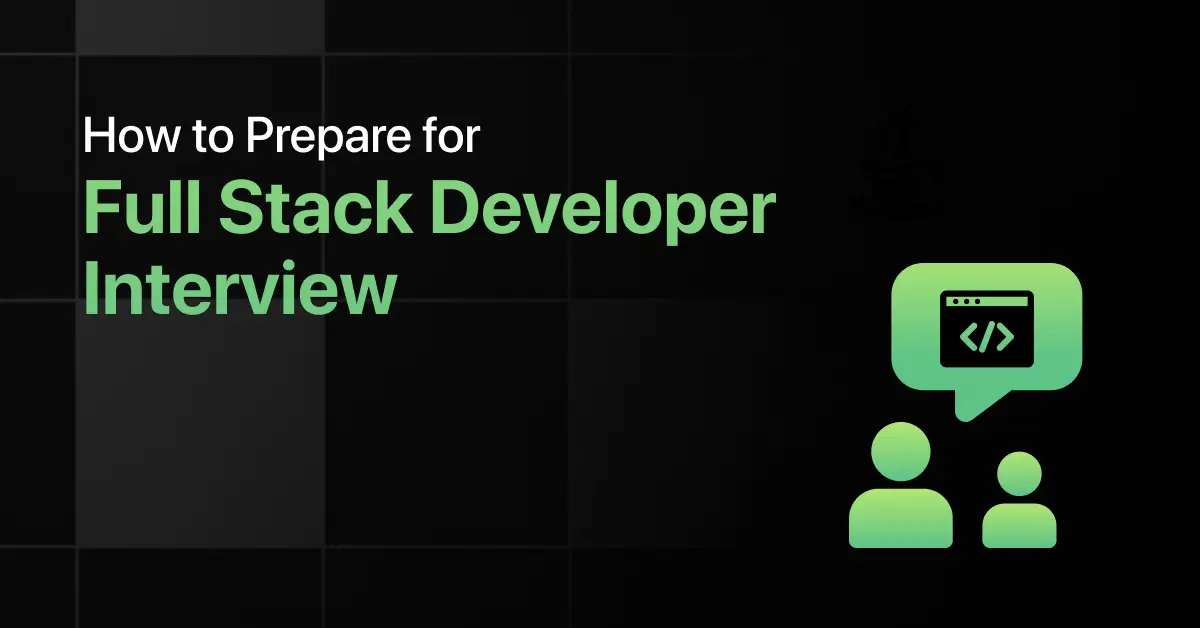Best Ruby on Rails Project Ideas for Beginners

Ruby on Rails is a powerful and beginner-friendly web development framework that makes building applications faster and easier. It follows simple conventions and helps beginners understand how to create dynamic websites.
By working on easy projects, newcomers can quickly grasp important concepts like routing, databases, and user interactions. These projects serve as a great way to start coding and build confidence.
10 Beginner-Friendly Ruby on Rails Project Ideas – Overview
Here’s an overview of the 10 best Ruby on Rails Project Ideas for beginners:
| S.No. | Project Title | Complexity | Estimated Time | Source Code |
|---|---|---|---|---|
| 1 | To-Do List Application | Easy | 4 hours | Get Started |
| 2 | Personal Blog | Easy | 5 hours | Get Started |
| 3 | Contact Manager | Easy | 5 hours | Get Started |
| 4 | Quote of the Day App | Easy | 4 hours | Get Started |
| 5 | Simple Expense Tracker | Easy | 6 hours | Get Started |
| 6 | Recipe Sharing Platform | Medium | 8 hours | Get Started |
| 7 | Basic E-Commerce Store | Medium | 10 hours | Get Started |
| 8 | Event Scheduling App | Hard | 12 hours | Get Started |
| 9 | User Authentication System | Hard | 6 hours | Get Started |
| 10 | Forum Application | Hard | 14 hours | Get Started |
Top 10 Ruby on Rails Project Ideas for Beginners
1. To-Do List Application
This is one of the ruby on rails based projects is about building a simple Ruby on Rails to-do list where users can add, update, and delete tasks.
You will learn how to structure data-driven logic and deploy a lightweight task manager in a serverless environment.
Duration: 4 hours
Project Complexity: Easy
Key Concepts Covered:
- MVC Architecture
- CRUD Operations
- ActiveRecord Basics
Implementation Steps:
- Set up a new Rails project and generate a Task model.
- Create routes, controller actions, and basic views for CRUD operations.
- Implement validations and flash messages.
- Add filtering (e.g., completed vs. pending tasks).
- Deploy the project using a serverless platform like Render or Railway.
Required Pre-requisites:
- Basic Ruby and Rails knowledge
- Understanding of MVC pattern
- Familiarity with HTML/ERB templates
Resources Required:
- Ruby on Rails
- SQLite (or PostgreSQL)
- A serverless hosting platform (e.g., Render, Railway)
Real-World Application:
- Used by individuals for personal task organization.
- Can be extended into team task tracking with user authentication.
2. Personal blog
This is one of the ruby on rails mini projects that involves creating a blogging platform where users can write, edit, and manage posts.
You’ll learn how to deploy dynamic content applications in a serverless environment and manage data persistence with minimal backend setup.
Duration: 5 hours
Project Complexity: Easy
Key Concepts Covered:
- Routing & Controllers
- Model-View Binding
- CRUD Functionality
Implementation Steps:
- Generate a Rails app with a Post model (title, body, timestamp).
- Implement RESTful routes and views for posts.
- Add validations and rich text formatting support.
- Include pagination or tag filtering (optional).
- Deploy using a serverless Rails-supported platform like Fly.io or Render.
Required Pre-requisites:
- Basic Rails CLI and command usage
- Understanding of MVC in Rails
- Knowledge of CRUD operations
Resources Required:
- Ruby on Rails
- SQLite or PostgreSQL
- Serverless platform (Render, Fly.io)
Real-World Application:
- Used for personal or portfolio blogging.
- Can be extended with user roles and a commenting system.
3. Contact Manager
This is one of the simple ruby on rails project ideas which is about building a basic contact management system where users can store, edit, and delete contact details.
You will learn how to manage structured data with persistent storage and deploy CRUD-based applications using a serverless infrastructure.
Duration: 5 hours
Project Complexity: Easy
Key Concepts Covered:
- Form Handling
- Validations
- MVC Pattern
Implementation Steps:
- Set up a Rails app and generate a Contact model with fields like name, phone, and email.
- Create views and controller actions for basic CRUD functionality.
- Implement form validations and error handling.
- Style the app with simple CSS or Tailwind.
- Deploy to a serverless platform such as Render or Fly.io.
Required Pre-requisites:
- Basic understanding of Rails models and views
- Familiarity with form helpers in Rails
- Knowledge of database migrations
Resources Required:
- Ruby on Rails
- SQLite/PostgreSQL
- Free-tier serverless host (Render, Fly.io)
Real-World Application:
- Helps users manage professional or personal contact information.
- Can evolve into a CRM mini-tool with tagging or reminders.
4. Quote of the Day App
This project involves building a simple Ruby on Rails app that displays a new inspirational quote every day.
You will learn how to serve dynamic content efficiently and deploy lightweight applications using serverless platforms.
Duration: 4 hours
Project Complexity: Easy
Key Concepts Covered:
- Routing and controllers
- Static and dynamic content rendering
- Basic scheduling logic
Implementation Steps:
- Set up a new Rails project and create a Quotes controller.
- Store quotes in a simple model or static file.
- Implement logic to display a random or daily quote.
- Build views to display the quote attractively.
- Deploy on a serverless platform like Render or Railway.
Required Pre-requisites:
- Basic Rails routing and controllers
- Understanding of views and templates
- Familiarity with simple Ruby logic
Resources Required:
- Ruby on Rails
- No complex database required
- Serverless hosting service (Render, Railway)
Real-World Application:
- Daily motivation tools for personal or corporate use.
- Can be extended with user submissions or categories.
5. Simple Expense Tracker
This project is about creating a Ruby on Rails app to record and categorize income and expenses for personal finance management.
You will learn how to manage transactional data and deploy a finance app using serverless computing for scalability.
Duration: 6 hours
Project Complexity: Easy
Key Concepts Covered:
- Data modeling and associations
- Form handling with validations
- Basic calculations and filtering
Implementation Steps:
- Generate models for transactions with attributes like amount, category, and date.
- Build CRUD operations for adding and managing expenses/income.
- Implement filtering and summary views by date or category.
- Style the UI for clarity and usability.
- Deploy on a serverless platform such as Render or Railway.
Required Pre-requisites:
- Basic Ruby on Rails knowledge
- Understanding of MVC and database migrations
- Familiarity with form validations
Resources Required:
- Ruby on Rails
- SQLite or PostgreSQL
- Serverless hosting (Render, Railway)
Real-World Application:
- Helps individuals track daily finances and budgeting.
- Can be scaled to small business expense management.
6. Recipe Sharing Platform
This project is about building a Ruby on Rails application where users can share, browse, and rate recipes.
You will learn how to handle user-generated content and deploy scalable social features in a serverless environment.
Duration: 8 hours
Project Complexity: Medium
Key Concepts Covered:
- User authentication and authorization
- Associations between users and recipes
- CRUD operations with nested resources
Implementation Steps:
- Set up user registration and login with Devise or similar gem.
- Create Recipe and User models with associations.
- Implement features to add, edit, delete, and rate recipes.
- Build views for recipe browsing and search functionality.
- Deploy on a serverless platform like Render or Fly.io.
Required Pre-requisites:
- Intermediate Rails knowledge
- Experience with authentication gems
- Understanding of model relationships
Resources Required:
- Ruby on Rails
- Devise gem (or similar)
- Serverless platform (Render, Fly.io)
Real-World Application:
- Community-driven recipe sharing and discovery.
- Foundation for building niche social platforms.
7. Basic E-Commerce Store
This project involves building a simple online store where users can browse products, add items to a cart, and place orders.
You will learn how to manage session data and deploy scalable web applications with serverless backend support.
Duration: 10 hours
Project Complexity: Medium
Key Concepts Covered:
- Product catalog and shopping cart management
- Session handling and order processing
- Basic payment integration (mock/demo)
Implementation Steps:
- Create Product and Order models with relevant attributes.
- Implement product listing and detail pages.
- Build shopping cart functionality using sessions or cookies.
- Develop a simple checkout process and order summary.
- Deploy on a serverless platform like Render or Fly.io.
Required Pre-requisites:
- Intermediate Rails MVC understanding
- Knowledge of session management
- Basic familiarity with payment gateways (optional)
Resources Required:
- Ruby on Rails
- SQLite/PostgreSQL
- Serverless hosting (Render, Fly.io)
Real-World Application:
- Basic online retail experience for small businesses.
- Foundation for building full-featured e-commerce platforms.
8. Event Scheduling App
This project is about creating a Ruby on Rails application that allows users to create, manage, and RSVP to events.
You will learn how to handle time-based data and notifications while deploying scalable serverless applications.
Duration: 12 hours
Project Complexity: Hard
Key Concepts Covered:
- Calendar and date/time management
- User invitations and RSVP system
- Notifications and reminders
Implementation Steps:
- Design Event and User models with appropriate relationships.
- Implement event creation, editing, and deletion features.
- Build RSVP functionality with user status tracking.
- Integrate email or in-app notifications (basic).
- Deploy on serverless platforms like Render or Fly.io.
Required Pre-requisites:
- Advanced Rails modeling and associations
- Experience with date/time and time zones
- Basic knowledge of email or notification systems
Resources Required:
- Ruby on Rails
- PostgreSQL or SQLite
- Serverless hosting (Render, Fly.io)
Real-World Application:
- Used in community event planning or corporate scheduling.
- Basis for more complex calendar and booking systems.
9. User Authentication System
This project focuses on building a secure user authentication system with registration, login, and password management features.
You will learn how to implement secure authentication workflows and scale user sessions in a serverless environment.
Duration: 6 hours
Project Complexity: Hard
Key Concepts Covered:
- User registration and login
- Password encryption and session management
- Security best practices (e.g., CSRF, password resets)
Implementation Steps:
- Set up User model with secure password handling using bcrypt or Devise.
- Implement registration, login, logout, and password reset features.
- Manage user sessions securely with cookies or tokens.
- Add validation and error handling for user input.
- Deploy on serverless platforms like Render or Fly.io.
Required Pre-requisites:
- Intermediate to advanced Rails knowledge
- Understanding of security concepts
- Familiarity with authentication gems like Devise
Resources Required:
- Ruby on Rails
- Devise or bcrypt gem
- Serverless hosting (Render, Fly.io)
Real-World Application:
- Essential for any web application requiring user accounts.
- Foundation for role-based access and user personalization.
10. Forum Application
This project is about creating a Ruby on Rails forum where users can post topics, reply, and interact through threaded discussions.
You will learn how to handle real-time data updates and scale user-generated content efficiently in a serverless setup.
Duration: 14 hours
Project Complexity: Hard
Key Concepts Covered:
- Threaded discussions and nested comments
- User roles and permissions
- Real-time updates and notifications
Implementation Steps:
- Design models for Users, Topics, and Replies with associations.
- Implement CRUD for topics and replies.
- Add user authentication and role management.
- Enable real-time notifications using ActionCable or polling.
- Deploy on serverless platforms such as Render or Fly.io.
Required Pre-requisites:
- Advanced Rails associations and validations
- Experience with WebSockets or real-time features
- Knowledge of authentication and authorization
Resources Required:
- Ruby on Rails
- PostgreSQL or SQLite
- Serverless hosting (Render, Fly.io)
Real-World Application:
- Community discussion boards and support forums.
- Platforms for user engagement and knowledge sharing.
Final Words
Starting with easy Ruby on Rails projects allows beginners to apply their learning practically and see real results.
These projects help develop essential skills such as managing data, handling user input, and designing basic web interfaces. As beginners progress, they can take on more complex applications with a solid foundation. Overall, hands-on projects are key to becoming a proficient Rails developer.
Explore More Project Ideas
- Python
- Java
- C Programming
- HTML and CSS
- React
- JavaScript
- PHP
- C++
- DBMS
- SQL
- Excel
- Angular
- Node JS
- DSA
- Django
- Power BI
- R Programming
- Operating System
- MongoDB
- React Native
- Golang
- Matlab
- Tableau
- .Net
- Bootstrap
- C#
- Next JS
- Kotlin
- jQuery
- React Redux
- Rust
- Shell Scripting
- Vue JS
- TypeScript
- Swift
- Perl
- Scala
- Figma
- RPA
- UI/UX
- Automation Testing
- Blockchain
- Cloud Computing
- DevOps
- Selenium
- Internet of Things
- Web Development
- Data Science
- Android
- Data Analytics
- Front-End
- Back End
- MERN Stack
- Big Data
- Data Engineering
- Full Stack
- MEAN Stack
- Artificial Intelligence
- Machine Learning
- Arduino
- Cyber Security
- Raspberry Pi
- Spring Boot
- NLP
- Embedded Systems
- Computer Network
- Game Development
- Flask
- Data Visualization
- Ethical Hacking
- Computer Vision
- AWS
- Data Mining
- Azure
- Network Security
- Microservices
- Augmented Reality
- Bioinformatics
- Virtual Reality
- Text Mining
- Unity
- Kubernetes
- Unreal Engine
- Terraform
- Linux
- Chatbot
- Deep Learning
- API
- Cloud Security
- Home Automation
- Quantum Computing
- FinTech
- Sentiment Analysis
- Recommendation System
- Robotics
- NodeMCU
- Large Language Models
- Penetration Testing
- Google Cloud Platform
- Edge Computing
- Pattern Recognition
- ElasticSearch
- MLflow
- Voice Recognition
- Data Recognition
- Keras
- WordPress
- TensorFlow
- Ruby
- Python Pandas
FAQs
Easy Ruby on Rails project ideas for beginners include a blog platform, a to-do list app, a simple e-commerce site, or a personal portfolio website.
Ruby on Rails project ideas are important for beginners because they provide practical experience, helping to understand MVC architecture and build real-world applications
Beginners can learn skills like routing, database migrations, CRUD operations, user authentication, and front-end integration from Ruby on Rails projects.
A simple blog application is recommended for beginners with no prior programming experience, as it covers core Rails concepts in an easy-to-understand way.
It typically takes a few months to complete a beginner-level Ruby on Rails project, as you’ll need time to learn the language, the framework, and potentially other technologies like HTML, CSS, and JavaScript.
Related Posts


How to Prepare for .Net Interview
Are you preparing for a .NET interview but not sure which topics to prioritize? Many candidates struggle to balance C# fundamentals, …
Warning: Undefined variable $post_id in /var/www/wordpress/wp-content/themes/placementpreparation/template-parts/popup-zenlite.php on line 1050








